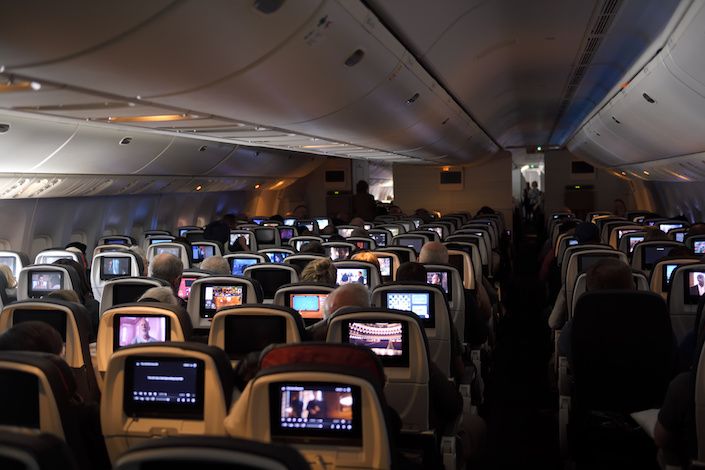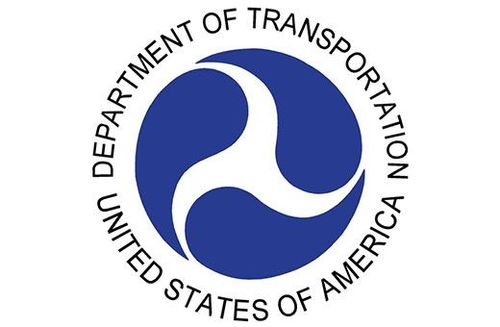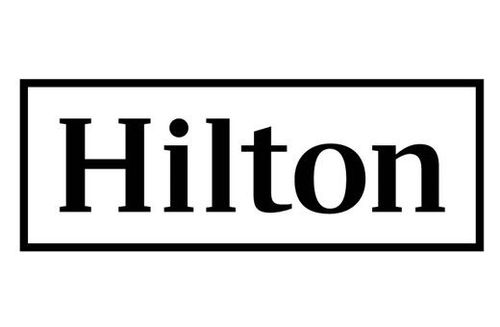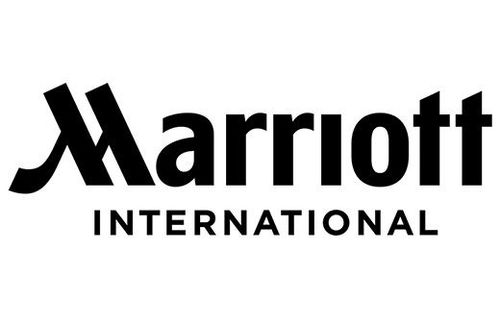Where travel agents earn, learn and save!
News / FAA releases new PSA, levies $119k against 9 passengers for alleged unruly behavior
Cases propose civil penalties against nine passengers ranging from $7,500 to $21,500 for allegedly interfering with flight attendants who instructed passengers to obey cabin crew instructions and various federal regulations

The U.S. Department of Transportation’s Federal Aviation Administration (FAA) released a new public service announcement and levied $119,000 in civil penalties against passengers for alleged violations of federal regulations as part of its Zero Tolerance efforts against unruly behavior.
As part of the FAA’s Zero Tolerance campaign, the web video features children explaining how to behave on a plane and expressing their disgust about increased unruly passenger behavior.
These cases propose civil penalties against nine passengers ranging from $7,500 to $21,500 for allegedly interfering with flight attendants who instructed passengers to obey cabin crew instructions and various federal regulations. The cases involve assaulting the flight crew and other passengers, drinking alcohol brought aboard the plane and refusing to wear facemasks.
Since January 1, 2021, the FAA has received approximately 3,271 reports of unruly behavior by passengers, including about 2,475 reports of passengers refusing to comply with the federal facemask mandate. FAA has identified potential violations in 540 cases and have initiated enforcement action in 83 cases. During the same timeframe, the FAA has proposed more than $682,000 in fines against unruly passengers, including these cases.
The cases are as follows:
- $21,500 against a passenger on a Dec. 27, 2020, Frontier Airlines flight from Nashville, Tenn., to Orlando, Fla. The FAA alleges the passenger drank alcohol that Frontier did not serve, which is against FAA regulations. He refused to comply with a flight attendant’s instruction to stop drinking the alcohol and wear a facemask. The FAA further alleges the passenger began fighting with the flight attendant and nearby passengers about the facemask policy. The flight attendant issued the passenger a “red card” for failing to comply with the facemask instructions, but he continued to argue with nearby passengers, ultimately striking the passenger next to him on the head. The flight attendant reseated him in another row, notified the captain of the disturbance, and requested law enforcement to meet him at the gate upon arrival
- $18,500 against a passenger on a Feb. 19, 2021, Republic Airlines flight from Indianapolis, Ind., to Philadelphia, Penn. The FAA alleges that flight attendants repeatedly told the passenger to wear her facemask properly prior to boarding and during the boarding process. The passenger and members of her travel party were also playing loud, obscene music and refusing to wear their masks during the preflight safety announcements. During a flight attendant’s cabin check, she instructed the passenger to wear her seatbelt and facemask. During taxi from the gate, the passenger threatened the passenger in front of her when they closed the window shade. A flight attendant again instructed the party to settle down and wear their facemasks, but they did not comply. They continued to play loud, obscene music and use obscene language against the flight attendants and other passengers. The crew notified the captain, and the plane returned to the gate for law enforcement to meet the passenger. When the captain left the cockpit to notify the passenger that she was being removed from the flight, she began to argue and use obscene language with the captain. As she stood up to leave the aircraft, she punched the female passenger who was seated in front of her, holding a small infant, in the back of the head
- $17,000 against a passenger on a Jan. 25, 2021, Frontier Airlines flight from St. Louis, Mo., to Las Vegas, Nev. The FAA alleges the passenger refused to wear his facemask during the boarding process despite direct instruction from flight attendants to do so. Furthermore, the flight attendant had to pause the preflight safety demonstration twice to tell him to hang up his phone, put it on airplane mode, and wear his mask. During the flight, a flight attendant instructed him a second time to wear his mask. During the final descent, the passenger unbuckled his seatbelt, stood up, and moved to a different seat closer to the front of the aircraft. He ignored crew instructions that it was unsafe to be unbuckled and move about the cabin at that time
- $13,000 against a passenger on a Jan. 29, 2021, Frontier Airlines flight from San Diego, Calif., to Las Vegas, Nev. The FAA alleges the passenger repeatedly removed her facemask and ignored crew instruction to wear it properly. The FAA further alleges that the passenger drank alcohol that Frontier didn’t serve, which is against FAA regulation
- $10,500 against a passenger on a Feb. 27, 2021, Allegiant Air flight from Provo, Utah, to Mesa, Ariz. The FAA alleges the passenger refused to wear his facemask over his mouth and nose throughout the flight. Flight attendants instructed him seven separate times to wear his facemask properly, and each time he moved it off of his nose after the flight attendant walked away. When told that he needed to cooperate and provide information to fill out a passenger disturbance report, he argued with the flight attendant, refused to provide his identification, said he would continue to pull his facemask down, and claimed that it was fine just over his mouth. After the plane landed, he approached a flight attendant from behind as she prepared to open the cabin door and touched her. He stated that she was being aggressive about the facemask policy and got very close to her while complaining about her enforcement of the policy. This behavior intimidated the flight attendant and caused her to cry
- $10,500 against a passenger on a Jan. 23, 2021, Alaska Airlines flight from Seattle, Wash., to Ketchikan, Alaska. The FAA alleges that as the flight was preparing to depart from the gate, the passenger made a 911 call reporting that the aircraft was being hijacked. He told the 911 dispatcher that a man was holding up a flight attendant at knifepoint near the front of the aircraft and repeatedly asked the dispatcher to stop the flight. While the aircraft was taxiing to the runway, he left his seat twice to enter the lavatory despite flight attendant instructions to stay seated. Due to the 911 calls, the pilots taxied the aircraft to a cargo ramp where law enforcement met the flight. Law enforcement boarded the aircraft armed with rifles and evacuated passengers and crew. While at the cargo ramp, the passenger called the FBI and made mention of a bomb. The aircraft was temporarily taken out of service for bomb screening. Law enforcement also screened all passengers and crew as a result of the passenger’s comments. All of the passenger’s claims were false and resulted in a multi-hour delay of the flight
- $10,500 against a passenger on a Dec. 19, 2020, Allegiant Air flight from Syracuse, N.Y., to Punta Gorda, Fla. The FAA alleges that while the fasten-seatbelt sign was on during a period of moderate turbulence, the passenger got out of his seat to use the lavatory. When flight attendants told him it was unsafe to do so, he argued that he was drinking at the airport for five hours prior to the flight. Flight attendants allowed him to use the lavatory, but upon exiting, he nearly fell on the flight attendants three times and argued with them about being allowed out of his seat. He was not wearing his facemask, and flight attendants reminded him to wear it several times. After flight attendants got him in his seat, he began vaping despite flight attendant instructions to stop. Throughout the rest of the flight he continued to vape, not wear his facemask, and get out of his seat. The captain called for law enforcement to meet the passenger at the gate
- $10,000 against a passenger on a Feb. 19, 2021, Republic Airlines flight from Indianapolis, Ind., to Philadelphia, Penn. The FAA alleges that during the boarding process, flight attendants twice asked the passenger to wear her facemask. The FAA further alleges that the passenger and her party refused to wear their facemasks, played loud music, and spoke loudly during the safety announcements. During the cabin check, a flight attendant asked her to buckle her seatbelt and wear her facemask, but she did not comply. The passenger continued to play loud, obscene music and used obscene language about the flight attendants and other passengers. Flight attendants notified the captain, who returned the flight to the gate, where law enforcement met the passenger. When the captain told the passenger that she and her party would be removed from the aircraft, she began arguing with the captain and used obscene language. This passenger was a member of the party mentioned in the second case listed in this release
- $7,500 against a passenger on a Feb. 25 2021, Southwest Airlines flight from Denver, Colo., to Los Angeles, Calif. The FAA alleges that upon boarding, flight attendants instructed the passenger twice to wear his facemask properly. He moved it below his nose and mouth both times. A Southwest Airlines customer service supervisor boarded the aircraft to speak with him about his non-compliance and provided him a facemask that would fit properly after he told flight attendants that his mask was broken. As the supervisor left, he again pulled his facemask below his nose and mouth. The supervisor returned and asked him to get off the aircraft, but the passenger refused. As a result, the airline had every passenger deplane. The non-compliant passenger was not allowed to reboard. His actions caused the flight to be delayed by 38 minutes
The Centers for Disease Control and Prevention (CDC), the Transportation Security Administration (TSA), and the U.S. Department of Transportation (DOT) reminded the traveling public on May 14 that if you travel, you are still required to wear a mask on planes, buses, trains, and other forms of public transportation traveling into, within, or out of the United States. Masks are also required in U.S. transportation hubs such as airports and stations.
Federal law prohibits interfering with aircraft crew or physically assaulting or threatening to physically assault aircraft crew or anyone else on an aircraft. Passengers are subject to civil penalties for such misconduct, which can threaten the safety of the flight by disrupting or distracting cabin crew from their safety duties. Additionally, federal law provides for criminal fines and imprisonment of passengers who interfere with the performance of a crewmember’s duties by assaulting or intimidating that crewmember.
The FAA is strictly enforcing a zero-tolerance policy toward passengers who cause disturbances on flights, fail to obey flight crew instructions in violation of the FAA’s regulations, or engage in conduct proscribed by federal law.
The passengers have 30 days after receiving the FAA’s enforcement letter to respond to the agency. The FAA does not identify individuals against whom it proposes civil penalties.











